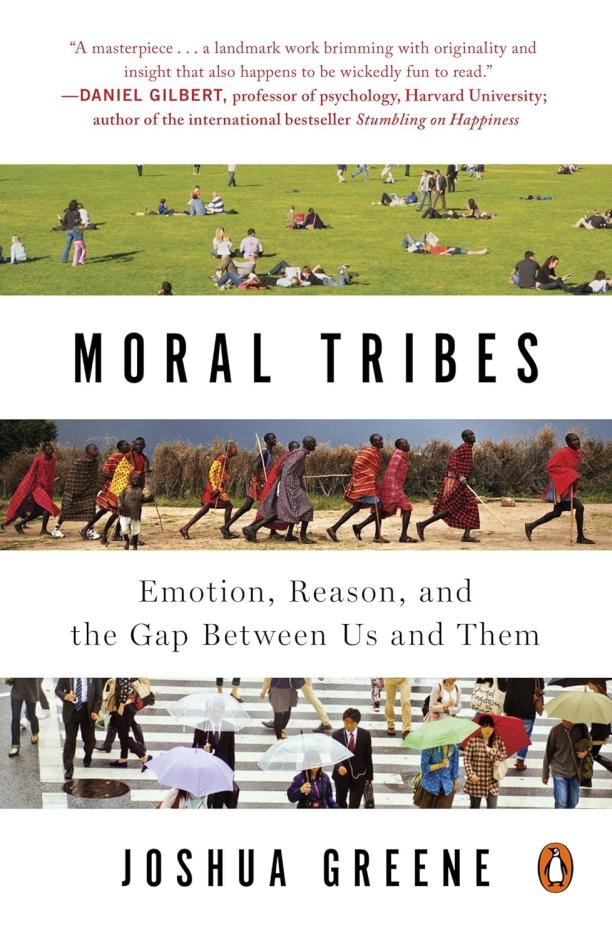Summary:
The book explores the psychological underpinnings of morality, emphasizing the conflict between our innate moral instincts that serve tribalistic ends and the need for a more universal ethics to navigate the modern, pluralistic world. It advocates for using a combination of emotional intuition and rational deliberation to resolve moral dilemmas, proposing a "metamorality" based on the principle of maximizing overall well-being.
Key points:
1. Dual-Process Theory: Greene's theory suggests our moral judgments come from two systems: an instinctive, emotional "automatic mode" and a thoughtful, rational "manual mode".
Books similar to "Moral Tribes":
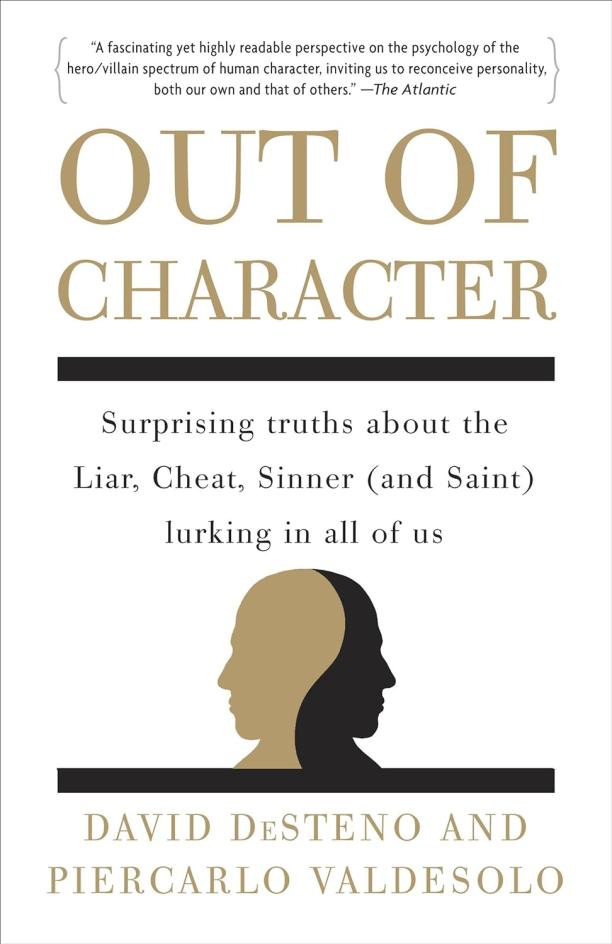
Out of Character
David DeSteno|Piercarlo Valdesolo
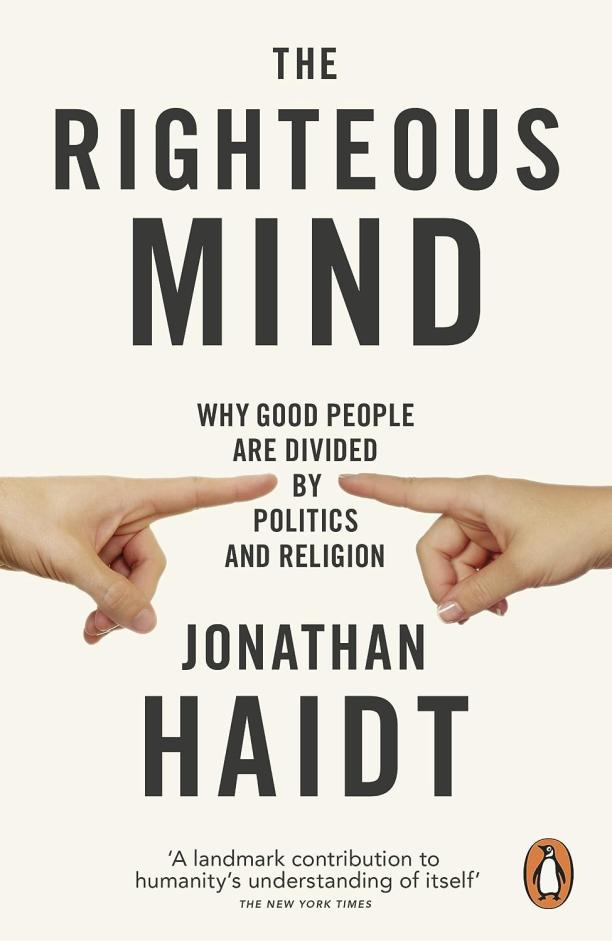
The Righteous Mind
Jonathan Haidt
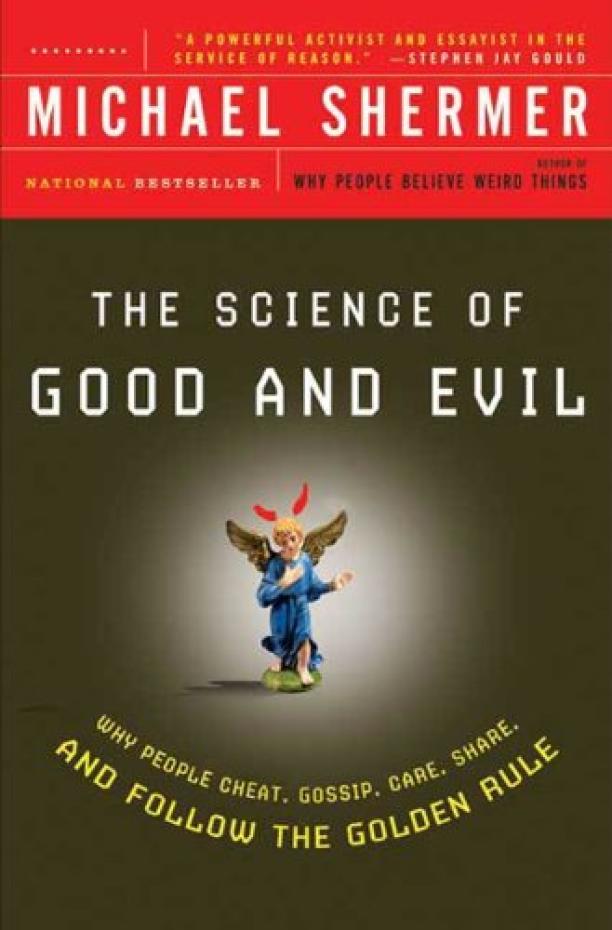
The Science of Good and Evil
Michael Shermer
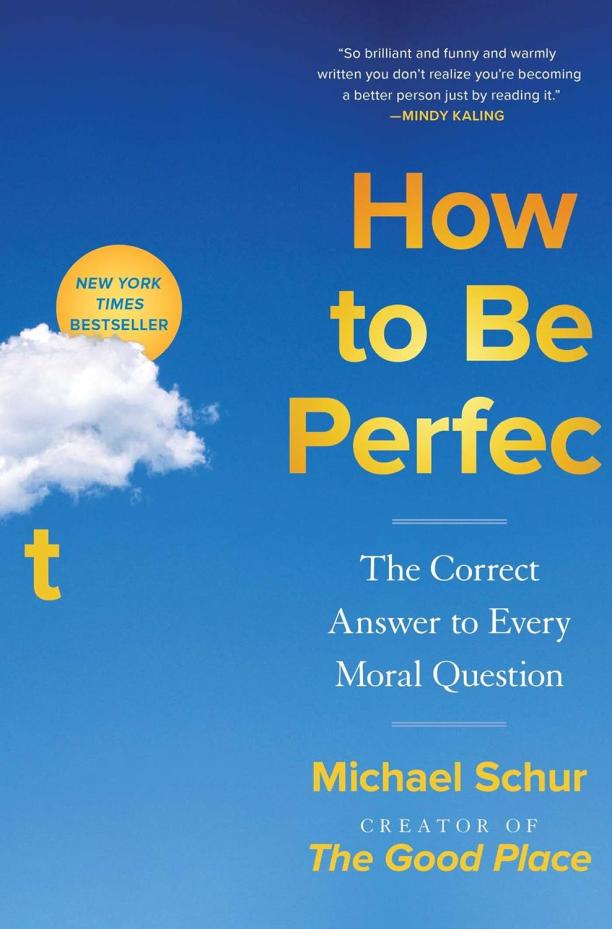
How to Be Perfect
Michael Schur
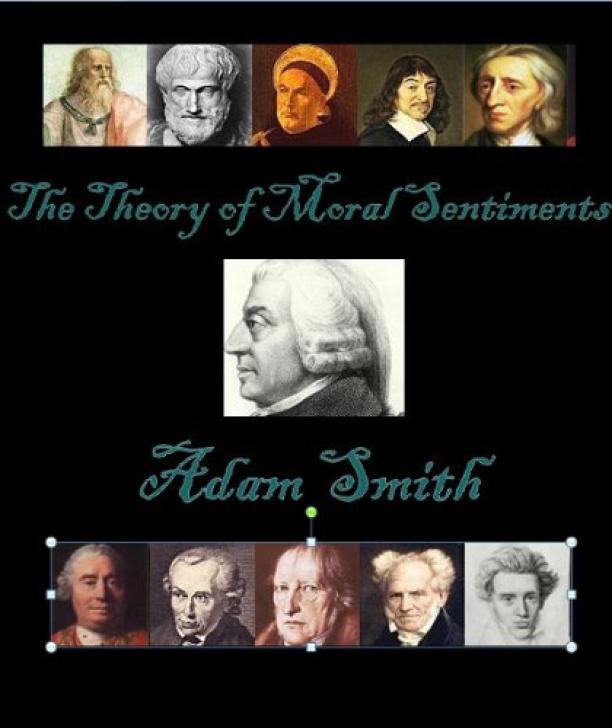
The Theory of Moral Sentiments
Adam Smith|Uplifting Publications
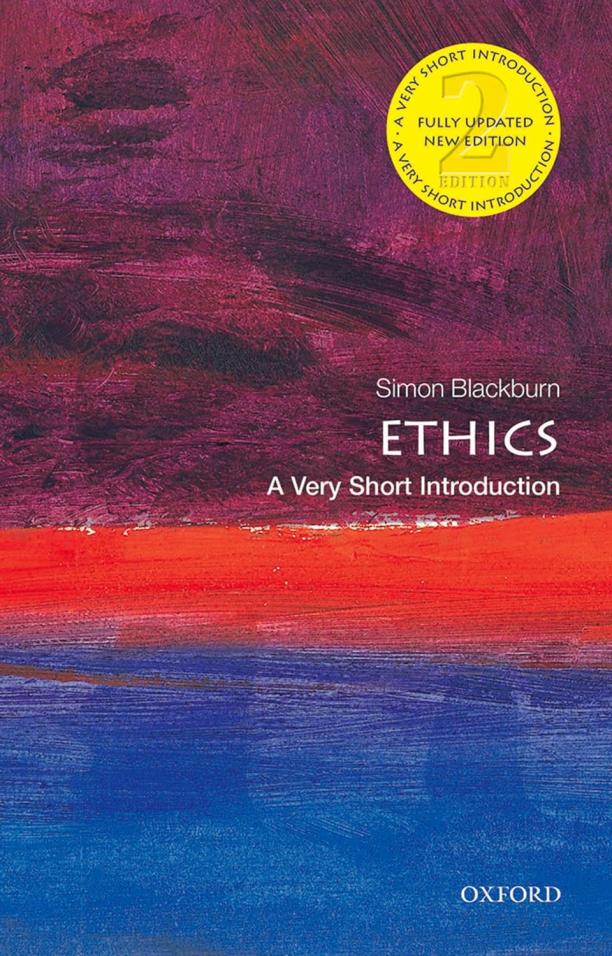
Ethics
Simon Blackburn
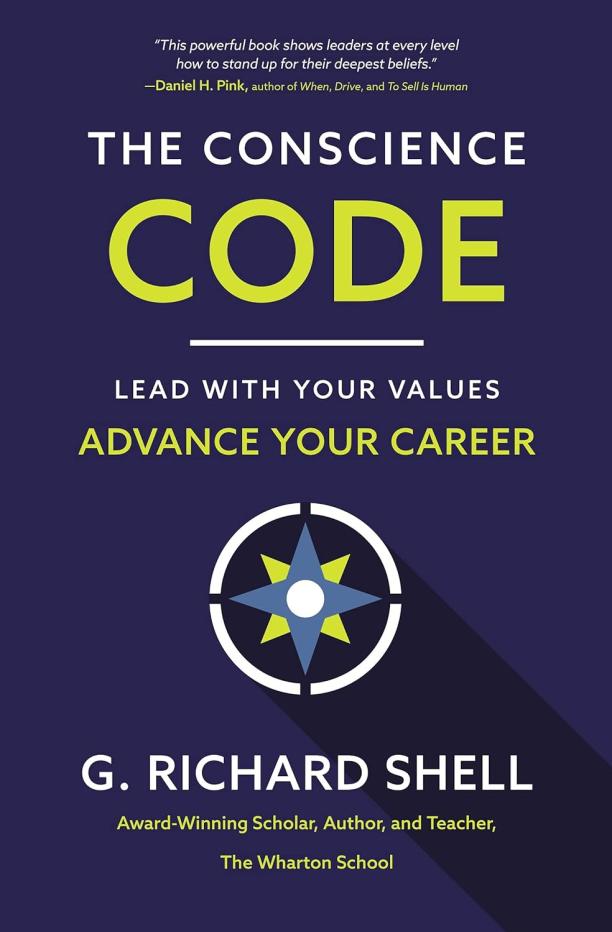
The Conscience Code
G. Richard Shell
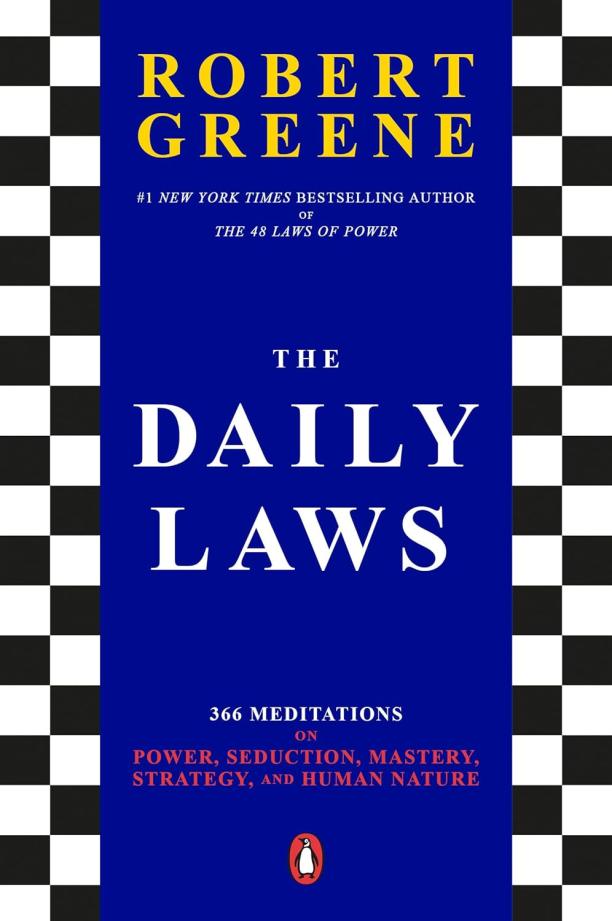
The Daily Laws
Robert Greene
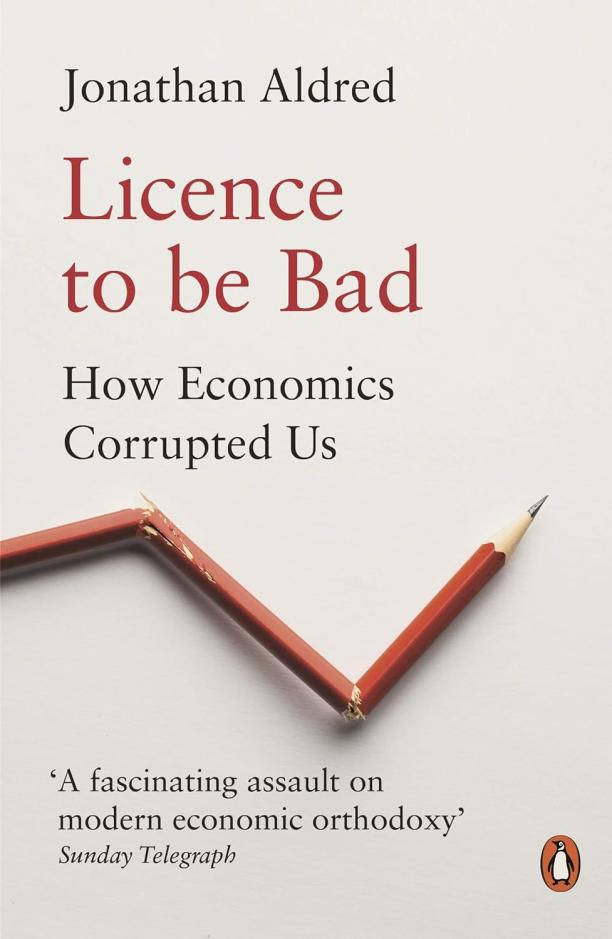
Licence to be Bad
Jonathan Aldred
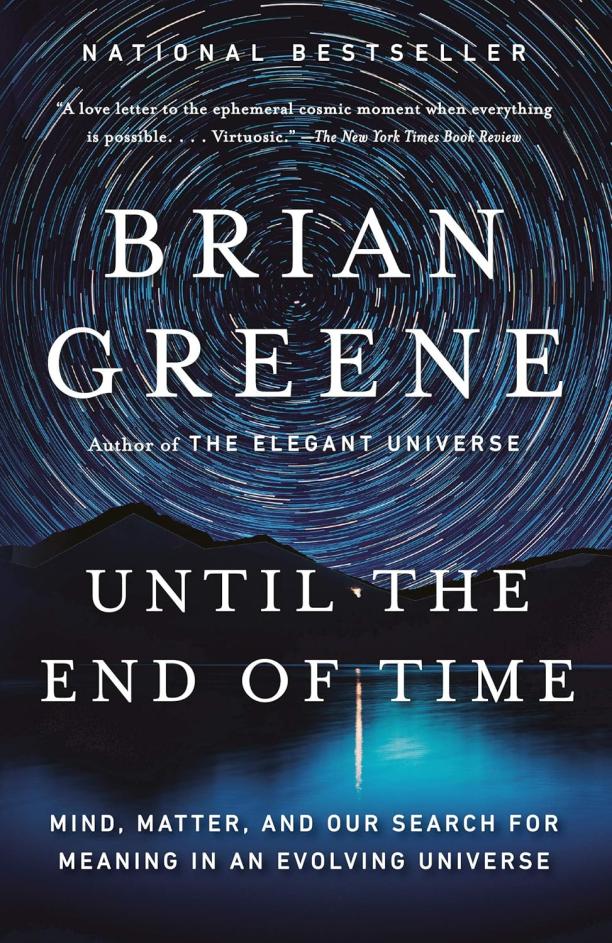
Until the End of Time
Brian Greene
